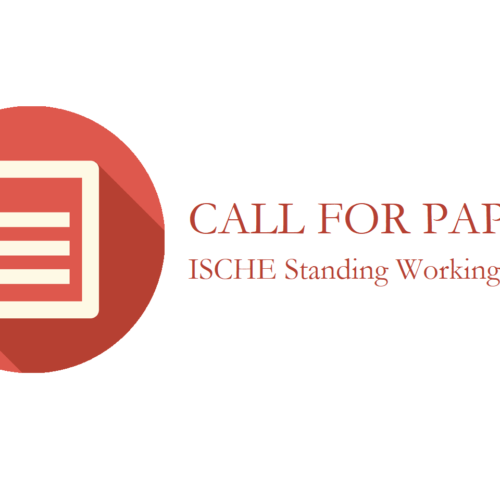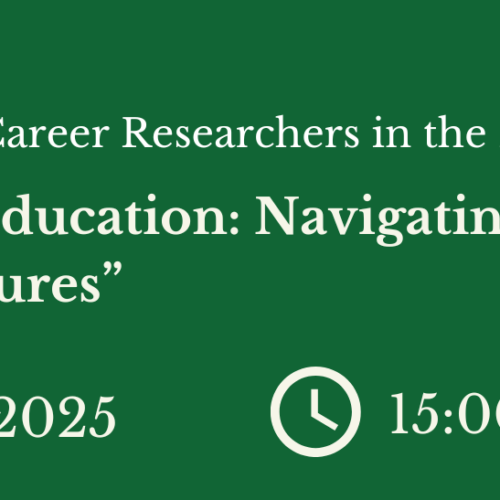XXII Colloquium on the History of Education – September 2024, Almería, Spain.
XII COLLOQUIUM ON THE HISTORY OF EDUCATION TRANSNATIONALITY AND TRANSCULTURALITY IN THE HISTORY OF EDUCATION DURING MODERNITY AND CONTEMPORANEITY
With this second circular we would like to remind you that the XXII Colloquium on the History of Education will be held at the University of Almeria from 11 – 13 September 2024. The website with information about the XXII Colloquium is now available: https://w3.ual.es/Congresos/ColoquioAlmeria/
The following themes are proposed:
1) Centres and peripheries: cultural and pedagogical movements and the formation of transnational and transcultural networks.
2) The image of other cultures in national and international pedagogical discourses.
3) Migrants and migrations in the history of education.
4) The reflection of transnationality and transculturality in the material culture of the school.
5) History of environmental education, development education and education for sustainable development goals.
6) Research, innovation, and teaching in History of Education.
Please click on the link to download the full second circular: XXII Colloquium on the History of Education
Location: University of Almería, Spain
Date: 11 – 13 September 2024
Submission Deadline: 31 January 2024.
About author
You might also like
ISCHE’s Call for Peace
ISCHE asks to stop the violation of international humanitarian law and the law of war including the Geneva Conventions of 1949, the First Additional Protocol to the Geneva Conventions, and
Growing up in out-of-home care SWG invites submissions for ISCHE 41 conference. Deadline: Jan.31, 2019
ISCHE 41 (17 – 20 July 2019) – Porto, Portugal Growing up in out-of-home care: Histories of children and youths in foster families and residential homes Deadline: January 31, 2019
Proud to Announce: Three Volumes Launched in the ISCHE “Global Histories of Education” book series
Thanks to our collaboration with Palgrave Macmillan ISCHE offers an edited book series for the publication of innovative scholarship in the history of education. The series seeks to engage with



